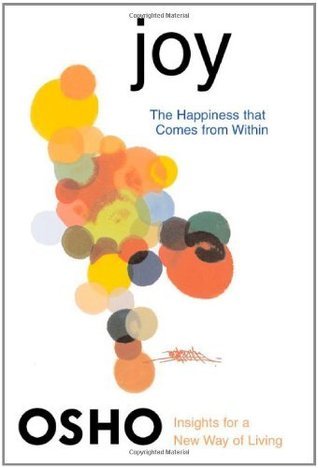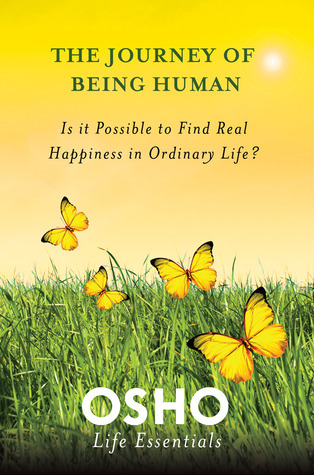
Intimacy: Trusting Oneself and the Other
Book Description
Unravel the intricate dance of connection between self and others in a world filled with masks and facades. Osho challenges the very essence of intimacy, illuminating the path to genuine trust and vulnerability. With piercing insights and profound wisdom, he invites readers to explore the shadows of their desires, fears, and true selves. Each page resonates with the urgency of authenticity, urging one to shed deception and embrace unfiltered love. Can true intimacy ever exist without understanding the depths of one's own soul? The journey to find out may hold the key to transforming relationships forever.
Quick Book Summary
"Intimacy: Trusting Oneself and the Other" by Osho is a thought-provoking exploration of what it means to truly connect with another being. Osho argues that authentic intimacy is impossible without first achieving self-understanding and self-love. In a world where people often wear masks and suppress their vulnerabilities, he encourages readers to confront their own fears, desires, and insecurities. By emphasizing the importance of trust, vulnerability, and honesty, Osho provides a pathway for individuals to experience deeper, more meaningful relationships. The book is a challenge to let go of facades and to embrace the transformative power of genuine connection, suggesting that only through self-acceptance and openness can real intimacy—and love—flourish.
Summary of Key Ideas
Table of Contents
The Barriers to Authentic Connection
Osho begins by exploring why intimacy is so elusive in contemporary life. He observes that social conditioning, fear of judgment, and past wounds prompt people to erect emotional barriers and adopt social masks. These facades provide a false sense of safety but ultimately keep others—and even oneself—at a distance. Osho argues that the first step toward intimacy is to recognize and dismantle these barriers, acknowledging how they undermine genuine connection. He emphasizes that only by facing our fears and relinquishing the need for psychological armor can true relationships begin to form.
Trust as the Foundation of Intimacy
A core theme is trust, both in oneself and in others. Osho posits that true intimacy cannot exist without trust, and that trust must first be cultivated within. He advises readers to honor their own feelings and experiences before expecting openness from others. By fostering a trusting relationship with oneself, individuals are better prepared to engage in relationships that are built on mutual respect rather than possession, insecurity, or fear. Trust forms the invisible bedrock of every meaningful encounter.
Embracing Vulnerability and Letting Go of Masks
The willingness to be vulnerable is highlighted as essential to deep relationships. Osho suggests that dropping one’s defenses and masks is not a sign of weakness but of courage. Vulnerability allows for authenticity, transparency, and the honest exchange of emotions. He challenges the societal notion that strength is found in invulnerability, proposing instead that true personal and relational growth arises from embracing our fragile, imperfect nature and sharing it openly with others.
The Journey of Self-Acceptance
Self-acceptance emerges as a prerequisite for rich intimacy with others. Osho invites readers to explore their own inner landscapes, including suppressed emotions and unexamined desires. Through self-awareness and compassion for oneself, a person can break free from self-judgment, creating space for unconditional self-love. When individuals become comfortable with their own authentic presence, they no longer rely on validation from others, paving the way for reciprocal, unfiltered human connection.
Transforming Relationships Through Presence
The book concludes by encouraging mindfulness and presence in all relationships. Osho stresses that meaningful connections are cultivated in the present moment, where participants are fully immersed and attentive to each other. By letting go of past grievances and future anxieties, people can open their hearts and experience the transformative power of love. This approach, Osho teaches, is not only the foundation of intimacy but also the key to evolving oneself—and one’s relationships—toward greater depth, freedom, and joy.
Download This Summary
Get a free PDF of this summary instantly — no email required.





